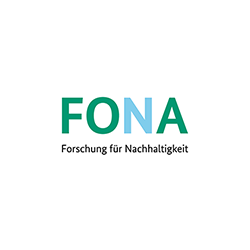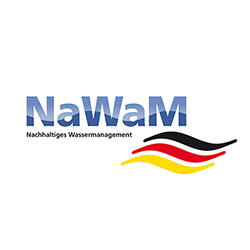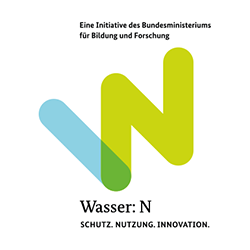Development of a non-membrane based innovative treatment approach including comprehensive assessment criteria for indirect potable reuse in urban water cycles
Background:
The TrinkWave joint research project is developing new, innovative multi-barrier treatment concepts for indirect potable water reuse based on sequential managed aquifer recharge technology (SMART).
Aims:
Building on many years of experience in groundwater management in Germany, a key objective of the TrinkWave joint project is to develop new, innovative multi-barrier treatment concepts for indirect potable water reuse that provide clean and save potable water without the use of high-pressure membranes. The techniques will be applicable to locations both nationally and globally. Studies at demonstration scale of SMART concepts serve as a validation stage of implementation. Furthermore, new multidisciplinary assessment approaches for innovative treatment process combinations leading to potable water reuse to augment drinking water supplied will be developed and validated. The focus of this comprehensive assessment is on the inactivation of pathogens, antibiotic resistance, the reduction of health and process-relevant indicator chemicals, selected transformation products and by-products as well as the development of new performance-based parameters for biological treatment processes. These assessment approaches serve to scientifically assess regulatory conflicts between groundwater protection and intentional water reuse on the basis of specific case studies and to foster public acceptance of water reuse. Through accompanying social-scientific research, risk communication strategies for stakeholders and the general public are developed. An additional objective is to provide recommendations to translate the developed instruments and technical solutions into engineering practice by considering the needs of operators, licensing authorities and planners.
Focus of the work:
The following research priorities, which are addressed in 6 work packages, are particularly innovative:
- Identification of the current regulatory conflict and derived recommendations for dealing with unplanned and planned potable water reuse and the impact of de factor reuse on drinking water supply,
- Development of a multidisciplinary assessment approach for public health protection with a special focus on risk management,
- Development of alternative non-membrane based process combinations with the aid of near-natural, but technically modified hybrid biofiltration systems in order to considerably improve their performance,
- Development of technical guidelines and validation approaches for evaluating, optimizing and monitoring the distance performance of existing and innovative multi-barrier systems,
- Development of new chemical and genetic parameters, based on an improved understanding of the microbial degradation of emerging pollutants, as well as the development of new chemical and genetic parameters.
- Elaboration of recommendations for action and development of risk management and risk communication concepts with a view to establishing sustainable water reuse to augment drinking water supplies.
12/2019: Results and perspectives for practice



